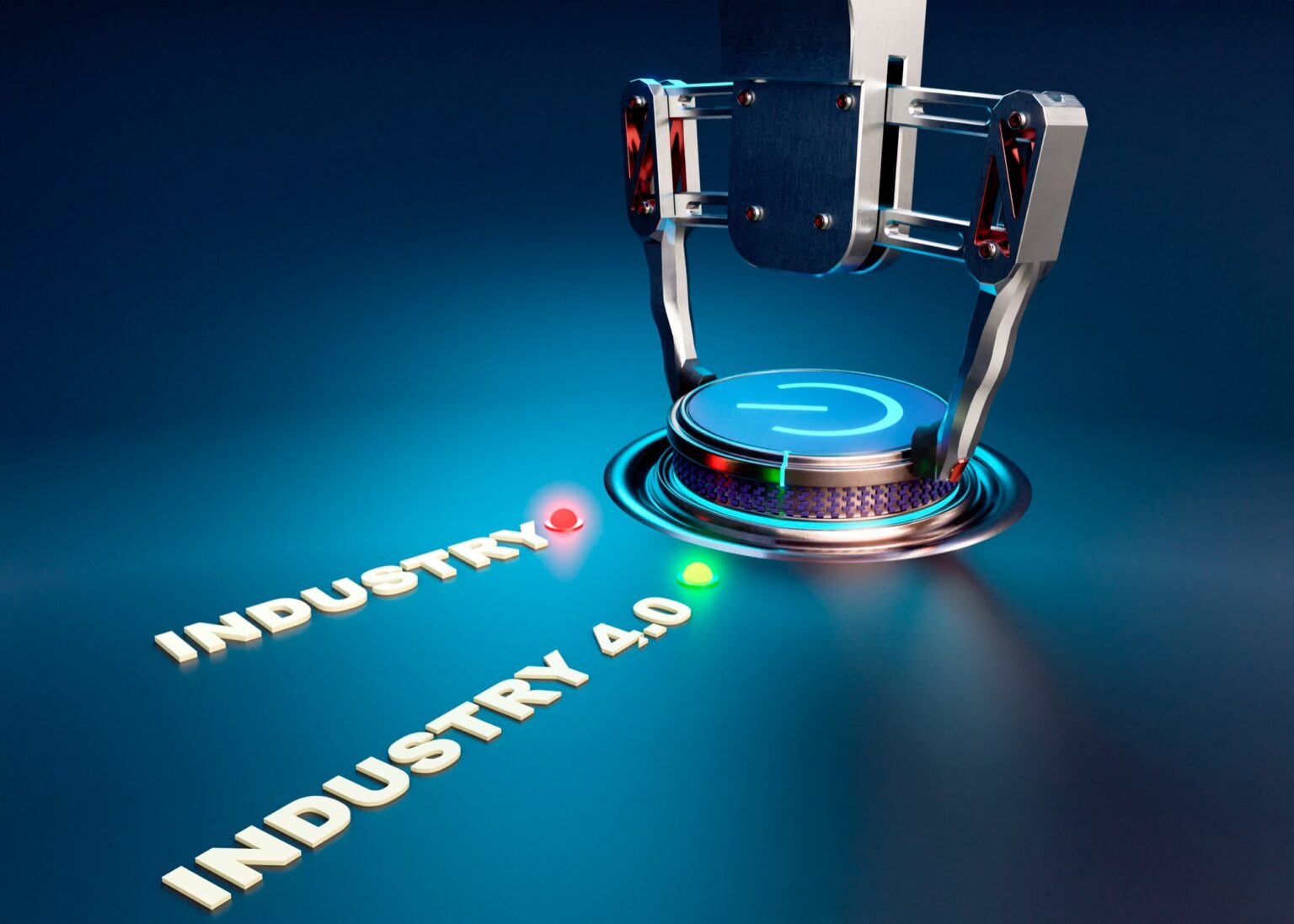Industrial Internet of Things (IIoT) refers to the application of IoT technologies and solutions in industrial settings, such as manufacturing facilities and supply chains. IIoT is revolutionizing these sectors by enabling connectivity, data collection, and real-time analytics, resulting in enhanced operational efficiency, improved decision-making, and increased productivity. Here’s how IIoT is transforming manufacturing and supply chain management:
Connected Machinery and Equipment: IIoT enables the connection and integration of machinery, equipment, and devices in manufacturing plants. Sensors and smart devices attached to machines can collect real-time data on performance, usage, and maintenance needs. This data can be used to monitor equipment health, detect anomalies, and optimize maintenance schedules. Connected machinery also enables remote monitoring and control, allowing for efficient management and predictive maintenance to minimize downtime and improve overall equipment effectiveness (OEE).
Predictive Maintenance: IIoT facilitates predictive maintenance by leveraging data from connected devices to detect early signs of equipment failure or performance degradation. By analyzing real-time sensor data, historical patterns, and machine learning algorithms, IIoT systems can predict maintenance needs, identify potential issues before they escalate, and schedule maintenance activities proactively. This approach minimizes unplanned downtime, reduces maintenance costs, and extends the lifespan of equipment.
Supply Chain Visibility and Optimization: IIoT provides real-time visibility and transparency across the supply chain, enabling organizations to track and monitor goods, assets, and inventory throughout the entire value chain. By leveraging sensors, RFID tags, and other tracking technologies, IIoT systems can collect and analyze data on location, temperature, humidity, and other relevant parameters. This visibility enables proactive inventory management, improved demand forecasting, optimized logistics, and streamlined operations.
Real-time Analytics and Decision-Making: IIoT generates massive volumes of data from various sources within the manufacturing and supply chain environment. Advanced analytics, powered by machine learning and artificial intelligence, can process this data in real-time, extracting valuable insights for decision-making. Real-time analytics enables organizations to optimize production processes, improve product quality, identify bottlenecks, and make data-driven decisions promptly.
Quality Control and Product Traceability: IIoT enables comprehensive quality control and product traceability throughout the manufacturing process. By monitoring sensor data and conducting real-time analysis, organizations can identify deviations from quality standards and take corrective actions immediately. IIoT also facilitates product traceability by capturing and recording data related to each product’s origin, manufacturing processes, and transportation details. This information enhances product safety, enables rapid recalls if necessary, and ensures compliance with regulatory requirements.
Energy Efficiency and Sustainability: IIoT plays a significant role in promoting energy efficiency and sustainability in manufacturing operations. By monitoring and analyzing energy consumption data from connected devices, organizations can identify energy-intensive processes, implement energy-saving measures, and optimize resource utilization. IIoT systems can also detect anomalies or inefficiencies in energy consumption, enabling proactive interventions and reducing the environmental footprint of manufacturing operations.
Collaborative and Autonomous Robots: IIoT facilitates the integration of collaborative and autonomous robots (cobots) into manufacturing processes. Cobots can work alongside human workers, enhancing productivity, safety, and efficiency. IIoT connectivity enables seamless communication and coordination between cobots and other machines, allowing for synchronized operations and intelligent decision-making. This integration of robots with IIoT systems optimizes manufacturing workflows, reduces errors, and improves overall production efficiency.
Agile and Flexible Manufacturing: IIoT enables agile and flexible manufacturing by facilitating the quick reconfiguration and adaptation of production lines. With IIoT connectivity, organizations can easily monitor and adjust manufacturing parameters, change production schedules, and customize products according to specific customer requirements. This flexibility enhances responsiveness to market demands, reduces time to market, and supports mass customization strategies.



